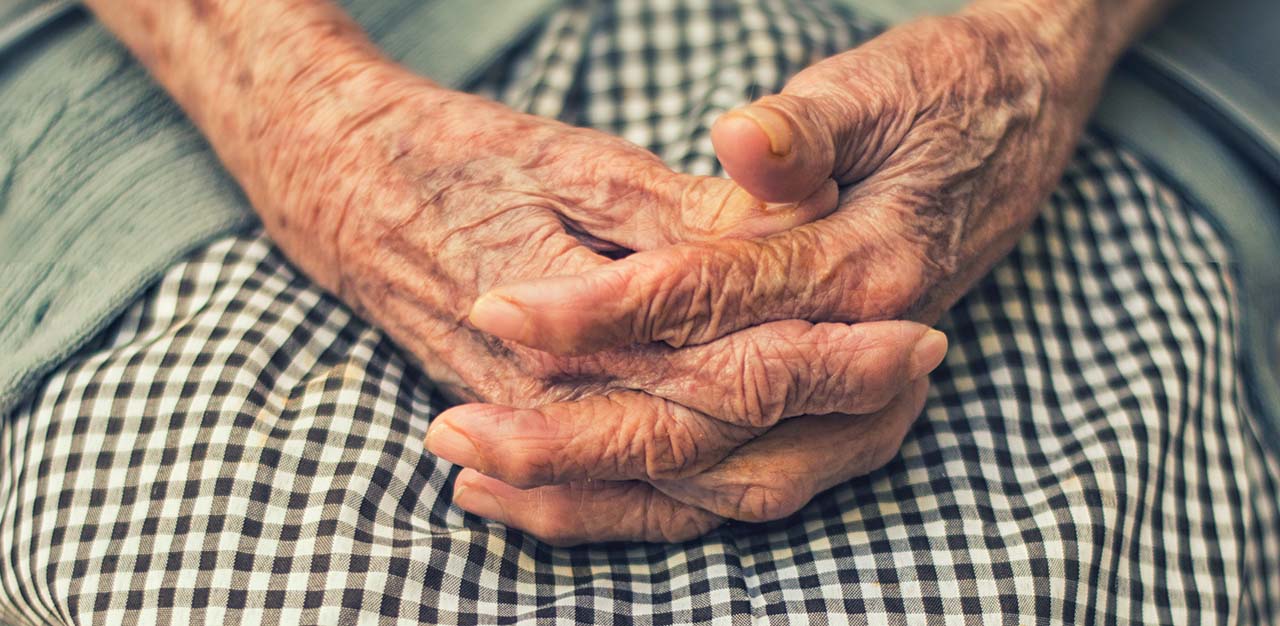With incidents of elder maltreatment spiking two-fold in recent years, TheHomeGround Asia speaks with two stakeholders to get to the root of the issue and find out what can be done to better protect senior citizens here.
A growing but largely invisible problem is on the rise in Singapore. According to figures released by the Ministry of Social and Family Development (MSF), the number of senior citizens who experienced abuse, often by their own children, increased by over 230 per cent in three years.
Between 2016 and 2019, reports of abuse received by the Ministry of Social and Family Development (MSF) involving victims aged 65 and above jumped two-fold from 55 to 127. Which, considering that the resident population in that age group hovered just below 600,000 over the same time period, may seem like a relatively low number. But this is not counting the cases that fly under the radar.
“When the World Health Organization (WHO) did a statistical study, [it found that] for every 23 cases of elder abuse, only one gets reported,” says Kristine Lam, Lead Social Worker at Care Corner Project StART, a family violence specialist centre (FVSC).
Taking WHO’s estimate as a reference, approximately 3,000 seniors in Singapore suffer abuse each year, the majority of whom neither get help nor justice.
Multifarious nature of elder abuse
MSF defines elder abuse as, “any action or lack of action, by a person or a caregiver in a position of trust, which puts the health or well-being of an elderly person at risk.” It manifests in various forms, spanning physical abuse, emotional abuse, sexual abuse and financial abuse (that is, taking advantage of an elderly person’s funds or resources for personal gain), as well as neglect and abandonment.
“For elder abuse, I think the most common type of abuse is psychological abuse, where the abuser tends to induce fear in the victim,” says Ms Lam. “The other type [of abuse] that is commonly reported is neglect. When elderly people lose their physical or cognitive functional capacity, they may require supervision in everyday activities such as eating, bathing, taking medication, handling money etc. But when such support isn’t provided, then that constitutes neglect.”
Symptoms of the problem
The latest case to grab national attention is that of Andy Koh Ju Hua, a former National University of Singapore graduate student, who pleaded guilty earlier this month to four counts of voluntarily causing hurt to his 68-year-old mother. Allegedly under stress due to the rigours of his master’s programme, the 30-year-old began abusing his mother in 2017, starving her, hitting her and repeatedly assaulting her vaginal area with his knee and a metal padlock, among other acts of physical violence. Koh was sentenced to 56 weeks’ jail on 23 March.
Back in January, 40-year-old Adrian Yap Yin Leung was sentenced to five years in prison for attacking his 77-year-old mother when she refused to reveal the PIN of her ATM card. Yap clouted his mother with a walking stick, pulled her hair, and kicked and stamped on her body until she relented and disclosed her PIN, resulting in fractures to her ribs and haemorrhage in her brain.
Meanwhile, in 2020, another Singaporean man was slapped with a restraining order on account of what District Judge Lim Keng Yeow called “bizarre” behaviour, like locking his bedbound 90-plus-year-old mother in the house whenever he went out, and insisting that the domestic worker who cared for his mother apply fish oil and cooking oil to prevent bed sores instead of the prescribed medical cream.
A lot of the times, abusers are caregivers – in 80 per cent of cases, the perpetrator is someone the victim knows (well), such as a spouse, an adult child, a domestic worker or a nursing home staff member.
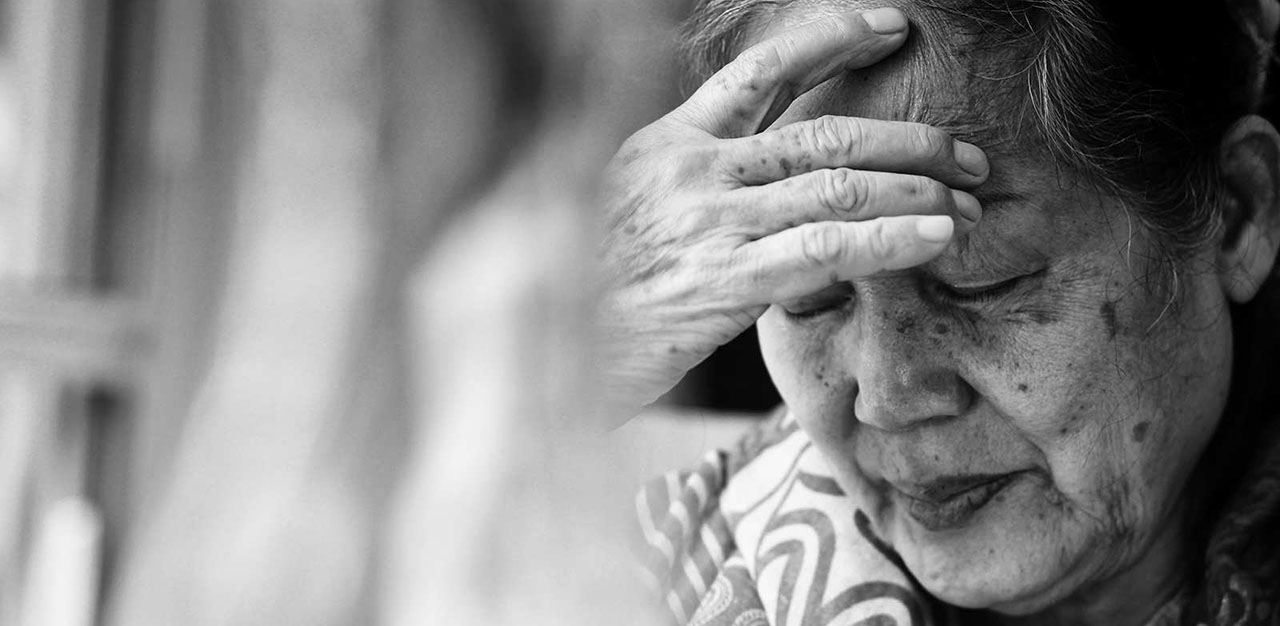
Causes of elder abuse
The reasons behind elder abuse are not easily definable, owing to the complexity of the individual personalities of abusers and/or victims.
But, as Dr Jonathan Pang wrote several years ago in Volume 37 of The Singapore Family Physician journal, elder abuse is “a reflection of frustration felt by the abuser (as well as the abused) due to the reversal of dependency roles, stresses related to the burden placed on the caregiver, and financial needs or dependency by the offenders or victim[s]”.
Cheryl Fong, a volunteer trainer at professional non-profit organisation Caregivers Alliance Limited (CAL), says the caregiving journey is “definitely not [an] easy” one.
“We are not born as saints, able to [maintain] our composure, to [stay] calm during stressful situations. I myself am going through a lot of ups and downs during this period,” shares Ms Fong, who is the primary caregiver for her son as well as her elderly parents. “As a dementia patient, [my father] can’t remember things, he keeps repeating [himself] and, at times, he can’t differentiate between day and night – when you need to rest, he’s awake; when he’s resting, you’re preparing to go to work. It disrupts everyone’s lives, so there are times when the frustration does kick in, along with tiredness and despair.”
Moreover, Ms Lam believes that the uptick in abuse cases could be attributable to a spread of awareness among the general public on the issue of elder maltreatment.
“I would say the reason for the rise [in reports of elder abuse] is due to a greater awareness [of the problem],” says Ms Lam. “And, more often than not, because [the elderly victims] are already linked to a hospital system, a senior activity centre or a day care centre, we get reports from these sources rather than from the victims themselves.
“In general, we’re seeing more cases of family violence being reported due to [an] overall [increase in] publicity,” adds Ms Lam. “There are also a lot more conversations taking place about LPAs (lasting powers of attorney), so we do expect the reporting [of elder abuse] to go up.”
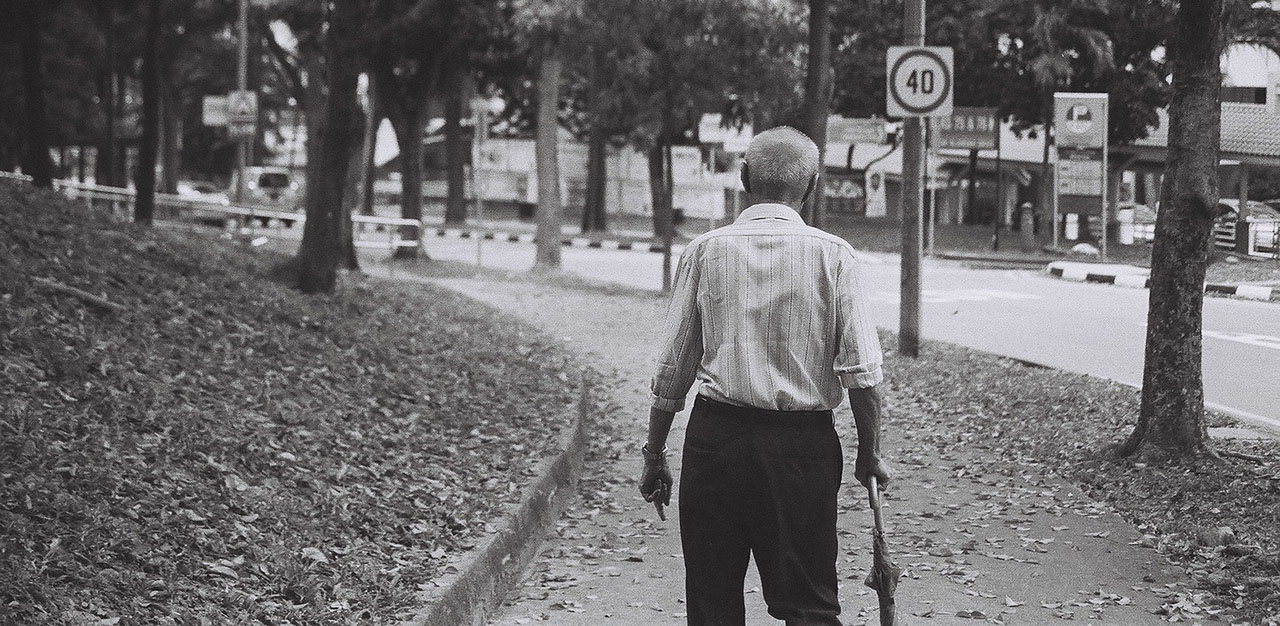
Factors that increase risk of elderly abuse
Additionally, there are risk factors at the individual, relationship, community, institutional and socio-cultural levels that could heighten an elderly person’s vulnerability to abuse.
At the individual level, risks include psychiatric ill health and/or progressive disabling illnesses such as dementia, Parkinson’s disease and severe arthritis on the part of the victim, as well as high stress levels, mental health conditions and/or substance abuse on the part of the perpetrator. In fact, the WHO estimates that as many as two out of three people living with dementia have experienced abuse.
A shared living situation, a history of strained relationships within the family, a family background marred by violence and/or financial dependency on the victim also puts an elderly person at a higher risk of abuse.
“When we talk about family violence and abuse, the abuser tends to have more power and more control over the situation, while the victim tends to be at the receiving end [of things],” says Ms Lam. “In a shared living space, the abuser usually has more expectations, more demands and more control, and that definitely increases the risk of abuse.”
The social isolation of caregivers and the ensuing lack of support from family, friends, neighbours and the like are significant risk factors in elder abuse.
Within institutions, the likelihood of abuse occurring is greater when healthcare standards and welfare services for the elderly are lacking; when staff at care facilities are poorly trained, insufficiently remunerated and overworked; and when policies operate in the interests of the institution instead of its residents.
Potential risk factors at the socio-cultural level include the existence and perpetuation of ageist stereotypes; the erosion of bonds between different generations of a family; and a shortage of funds necessary to pay for the care of the elderly.
“Sometimes elderly [victims] may have other children or other relatives they could live with, but because of certain cultural [expectations], they may think, ‘I have to live with my only son’ or ‘I have to live with my eldest son’,” says Ms Lam. “In those cases, the son would have a lot of power over the [victim]. Even though the other children might be willing to care [for the elderly person], the victim may feel that it’s not right or that it’s shameful for the family if he or she were to live with anyone else, thus rendering the rest of the family quite helpless [in the face of abuse].”
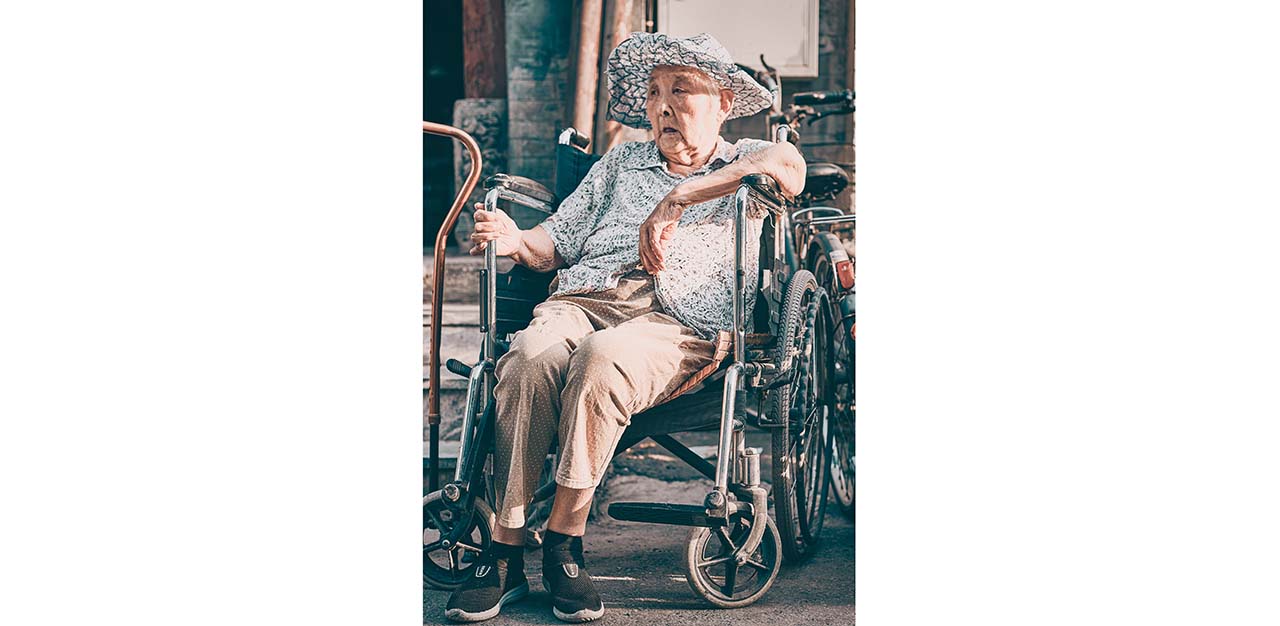
Taking steps to tackle the problem
Whatever the causes are, senior citizens have the right to feel safe and respected. Considering that elder abuse seems to be a hidden problem what can be done to encourage more victims to speak up?
Nationwide, the Government has taken steps to remedy the problem of elder abuse, such as implementing the Vulnerable Adults Act, launching the 24-hour National Anti-Violence Helpline, and raising awareness through the Break the Silence campaign.
But stakeholders suggest that the Government might also look into alleviating the financial burden placed on informal carers of elderly dependents, like providing a monthly stipend to offset out-of-pocket care-related expenses, like paying for foreign domestic workers.
“In terms of support, some kind of financial assistance would definitely help,” says Ms Fong. “I think the financial aspect is always a concern for [caregivers].”
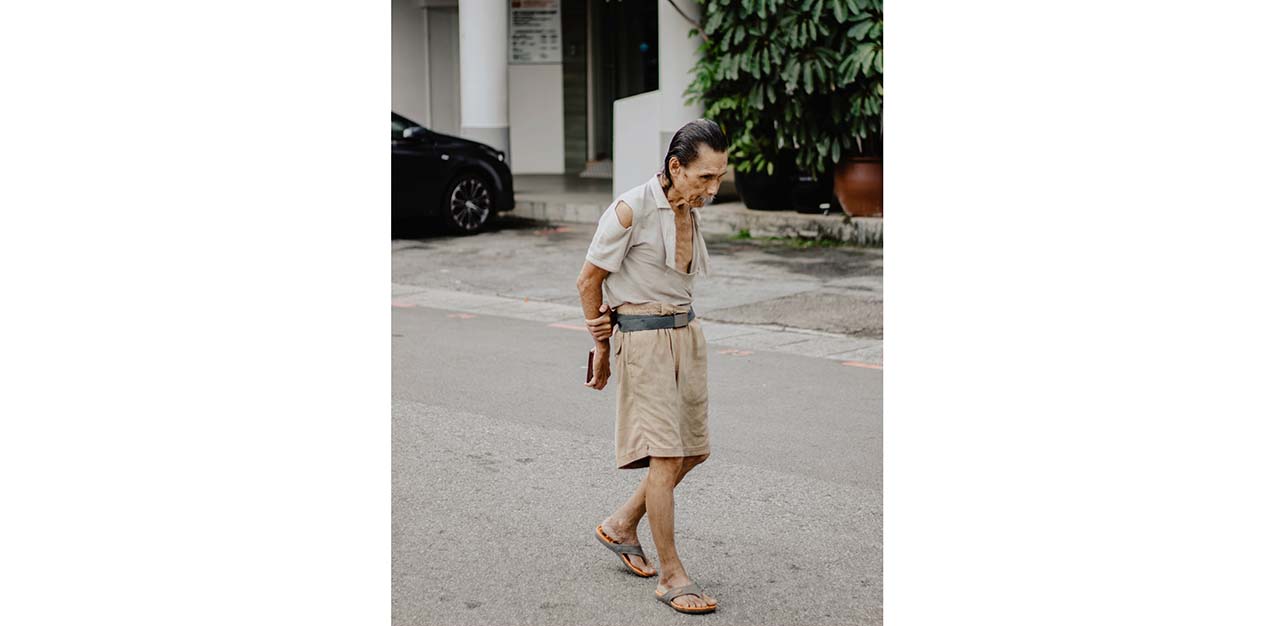
Creating an empathetic space to talk about elderly abuse
“When it comes to elder abuse, what we hope is to get [more] people to step forward and to seek help,” says Ms Lam. “[Among elderly victims] there is an element of shame, of washing your dirty linen in public. There is an element of fear, of what would happen to you and your child if you report him [or her].”
Some elderly victims may fear retaliation from the perpetrators, for example, which could deter them from flagging the abuse to the authorities. Some may fear losing their independence, being forced to move out of their own home and into a senior care facility. Others may fear that their children or spouses would get in trouble with the law should they blow the whistle on the abuse.
Addressing those fears and concerns enable the elderly to feel comfortable coming forward and getting the support they need: “We always tell people to come to us [as] early [as possible] – we’ll talk about things, and we’ll see whether we can preserve the current [living] situation, just minus the violence,” says Ms Lam.
While adding that attitudes toward the elderly also make a big difference. “When the elderly step forward [about abuse], we should not victim-blame them,” says Ms Lam. “Instead, we should encourage people to talk about the issue.”
This means avoiding questions like “Are you sure that really happened?”, “How come he or she treats you that way?” and “How can you report on your own child or your own spouse?”
“What we need to do is to listen to them, to believe what they say, and to check with them on what they want to do [going forward],” advises Ms Lam. “Lastly, we need to support them in seeking help – we could encourage them to contact a social service, we could accompany them to an FVSC or, with their consent, we could offer to make the call to the FVSC.”
“If the [elderly] can report [abuse] earlier, when the situation is still fresh, then the chances of working on [healing] the relationship and resolving the issue, without taking drastic measures like having to live separately or having to be institutionalised, are more possible.”
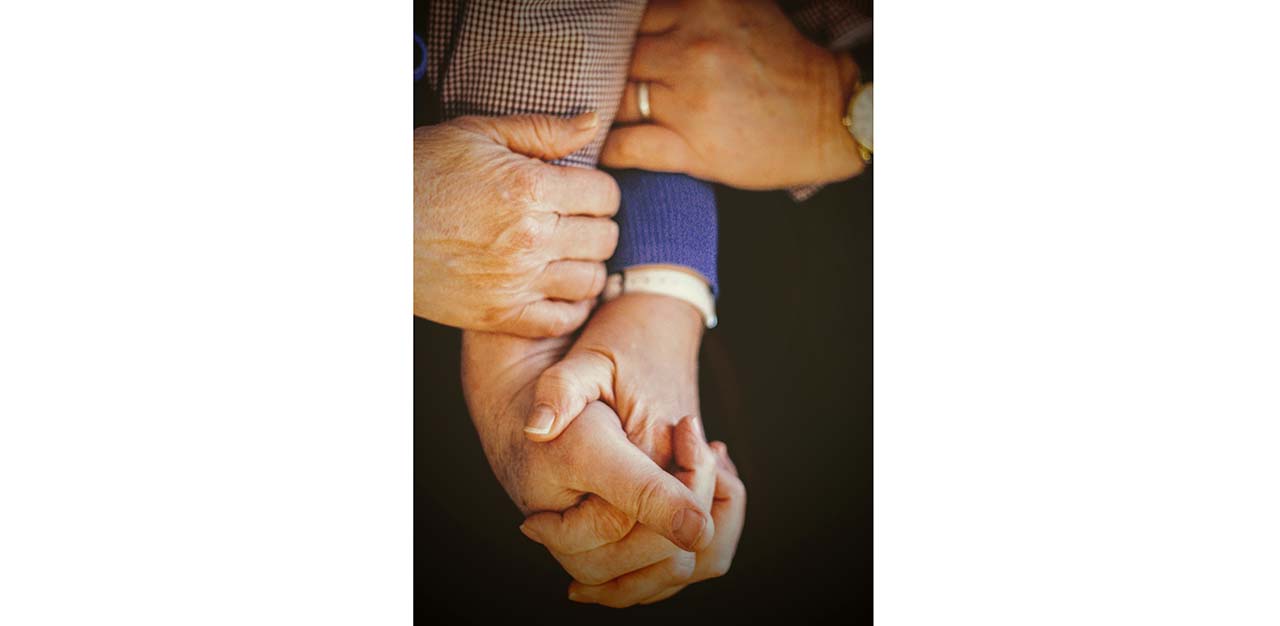
It’s up to you and me
At an individual level, keeping one’s eyes and ears alert for physical signs of abuse, and being proactive in checking in on elderly people, including loved ones and neighbours, go a long way in ensuring they are safe.
Experts suggest looking out for unexplained injuries, such as cuts, bruises and burns at various stages of healing; sudden weight loss; poor personal hygiene and changes in behaviour, including social withdrawal and mood swings.
When one or more of these signs are observed, taking action is an important next step. This does not necessarily mean confronting the perpetrator. Instead, find a time and place to speak with the victim, and ask if they need help, while reassuring them that they have the support if needed. Then, continue to check in on them, and encourage them to speak to a trusted person about it.
Caregivers need care too
On the flip side, caregivers can suffer from burnout, which can take a toll on their physical and mental well-being. Symptoms include an increasingly short fuse, persistent exhaustion, an emotional disconnection and the feeling of being overwhelmed.
In this case, self-care is important: “I actually emphasise me-time,” says Ms Fong. “Because I’ve realised that if I take good care of myself, I have the strength and the energy to take care of my family and even other people.”
Adds Ms Fong, “I stick to a weekly exercise routine. And I try to go out for a couple of hours to meet up with a friend, grab a coffee or just window-shop. It helps a lot.”
Reaching out for help from family members or exploring respite care options are additional ways to lift the burden of caregivers. And the caregiver training programmes and support groups that CAL runs can provide emotional support too.
If you know an elderly person who’s being abused and you’re not sure what to do, you can visit MSF’s Break the Silence website or call any of the helplines below, in Singapore. If you suspect an elderly person is in a life-threatening situation due to abuse, do call the police at 999, or send an SMS to 71999.
- National Anti-Violence Helpline 1800-777-0000
- National CARE Hotline 1800-202-6868
- Care Corner Project StART 6476-1482
- PAVE Integrated Services for Individual and Family Protection 6555-0390
- TRANS SAFE Centre 6449-9088
- ComCare Hotline 1800-222-0000
Join the conversations on THG’s Facebook and Instagram, and get the latest updates via Telegram.
